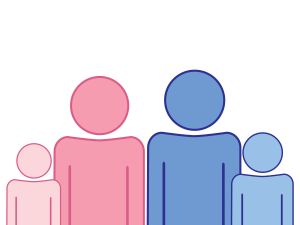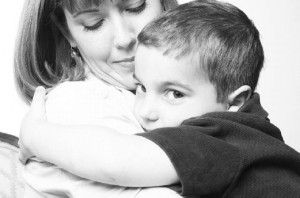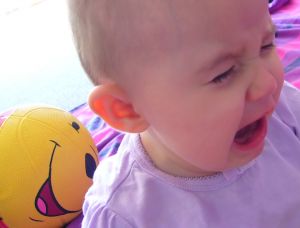From API’s Publications Team
 According to an article on InTheNews.co.uk, “One in Four Aussie Kids Have Parent with Mental Illness,” mentally ill parents are more likely to form insecure attachments with their children.
According to an article on InTheNews.co.uk, “One in Four Aussie Kids Have Parent with Mental Illness,” mentally ill parents are more likely to form insecure attachments with their children.
A study published in the January 6 Psychiatric Bulletin explains the correlation between the more severe mental illnesses and less sensitive and competent parenting, insecure infant attachment, lower quality bonds between mother and child, and a greater risk of mental illness developing in the children. However, the authors stress that mental illness in parents does not guarantee poor outcomes in children, only that there appears to be a greater risk.
To read the entire article, go to www.inthenews.co.uk/news/health/autocodes/autocodes/australia/one-in-four-aussie-kids-have-parent-with-mental-illness–$1258690.htm.
 All babies cry. And all parents are continually striving to find the best way to respond to those cries.
All babies cry. And all parents are continually striving to find the best way to respond to those cries. An article on France’s InfosJuenes.com, “Risk of Maternal Depression on the Infant,” reveals research that shows the negative effects of depression in mothers on their babies.
An article on France’s InfosJuenes.com, “Risk of Maternal Depression on the Infant,” reveals research that shows the negative effects of depression in mothers on their babies.